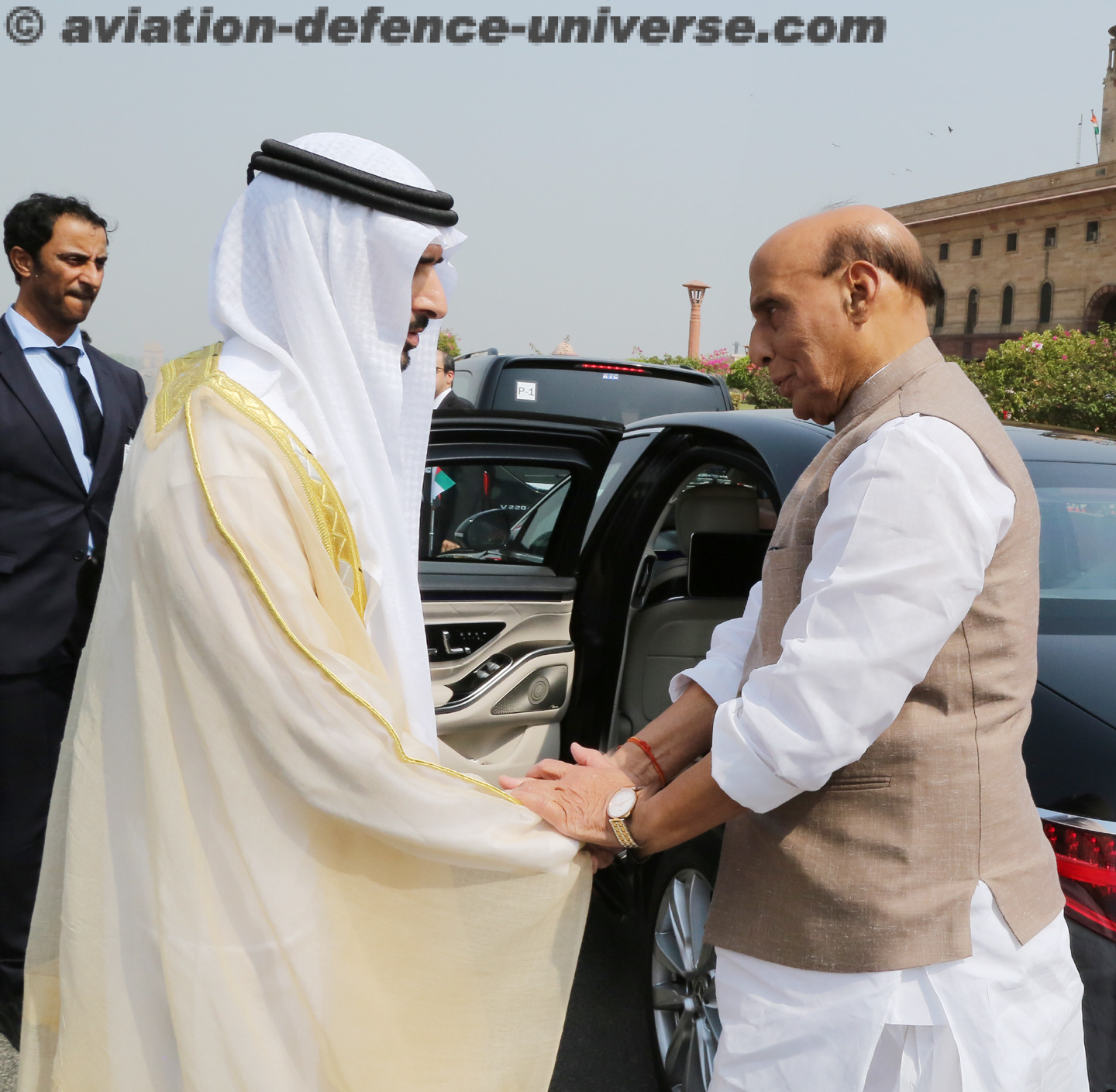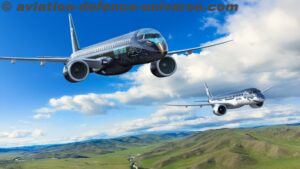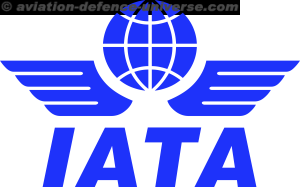Sydney. 05 June 2018. The International Air Transport Association (IATA) called on governments to intensify efforts to spread the economic and social benefits of aviation by removing onerous barriers to the free movement of people across borders.
“Over the next 20 years, the number of passengers will double. That’s excellent news for the global economy, as air connectivity is a catalyst for job creation and GDP growth. But we will not get the maximum social and economic benefits from this growth if barriers to travel are not addressed and processes streamlined,” said Alexandre de Juniac, IATA’s Director General and CEO.
There are many barriers to travel, ranging from visa restrictions and government information requirements to the capacity of current facilitation processes to absorb growing numbers of air travelers. IATA has evolved a comprehensive Open Borders Strategy to help governments work with industry to maintain the integrity of national borders while removing inefficiencies that prevent the industry from satisfying travel demand.
Research by the UN World Tourism Organization (UNWTO) and the World Travel and Tourism Council (WTTC) on the impact of visa facilitation indicates that $89 billion in tourism receipts and 2.6 million jobs would be created in the Asia-Pacific region alone with the reduction of barriers to travel.
The IATA Open Borders Strategy has four main components:
Reviewing visa requirements and removing unnecessary travel restrictions:
The goal is to remove unnecessary barriers to travel. Existing visa regimes are overly restrictive, expensive and inefficient, and will be unable to cope with forecast travel demand. The solution to this lies in unlocking the potential from shared information in a trusted framework. This will improve security, while smoothing passenger flows and easing demand for new infrastructure to accommodate the forecast doubling in air travel over the next two decades.
Including travel facilitation as part of bilateral and regional trade negotiations : Free trade agreements have seen an expansion of goods and services moving across borders. This has stimulated economic growth for participating countries. Restrictive visa requirements are non-tariff barriers to trade, yet they are not normally addressed in trade discussions. IATA believes that removing restrictions on the free movement of travelers should receive as much priority as other barriers to liberalized trade in goods and services. One way is for governments to include liberalized visa requirements in trade agreements.
Linking registered-traveler programs : Several states already operate registered traveler programs. Research shows that a large majority of travelers are willing to provide personal information in exchange for expedited handling in the travel process. Registered-traveler programs are a key component of risk-based security measures which help governments to use scarce resources with maximum efficiency. Where these program are linked (Canada-US for example) the efficiencies grow. But these are still rare cases. IATA encourages more governments to build links between their programs.
Using API data more effectively and efficiently : Airlines spend millions of dollars providing Advance Passenger Information (API) as required by governments. Governments must process API data efficiently. For example, as governments have information in advance of boarding, inadmissible passengers should be notified before their journey begins, rather than on arrival which is costly for airlines and disappointing for passengers. Similarly, arrival procedures should be streamlined for passengers whose data has been vetted in advance.































































































































